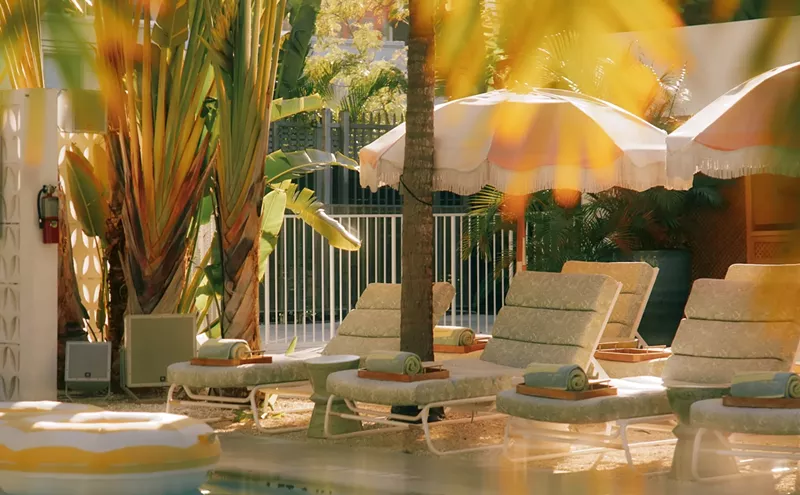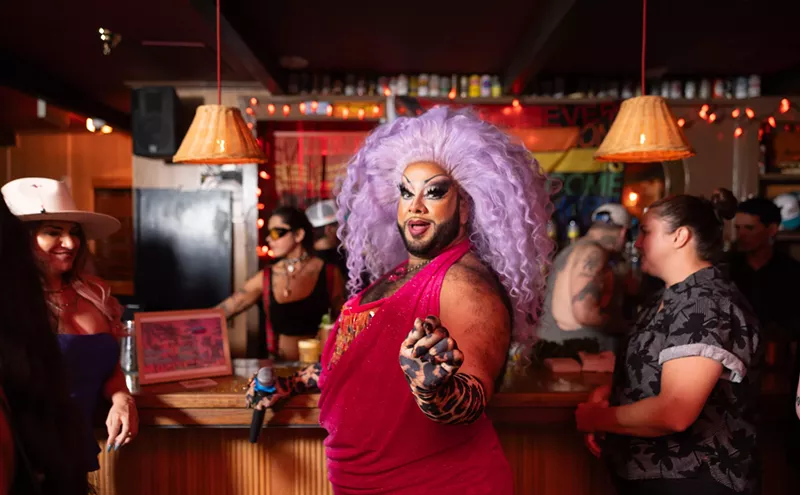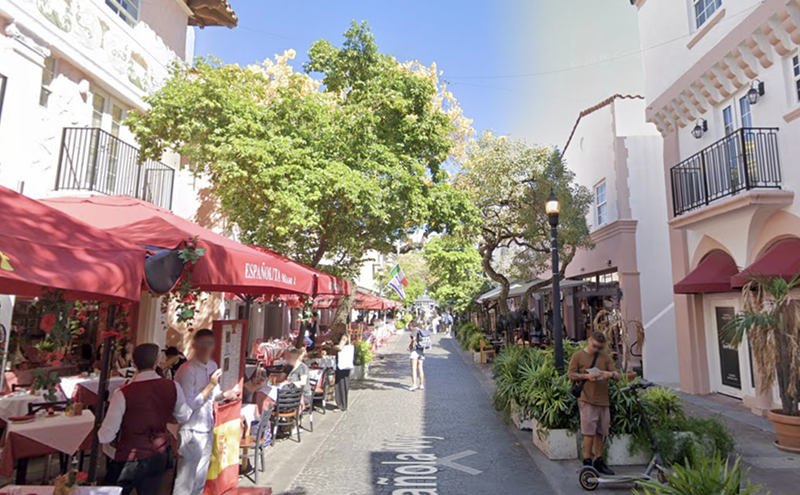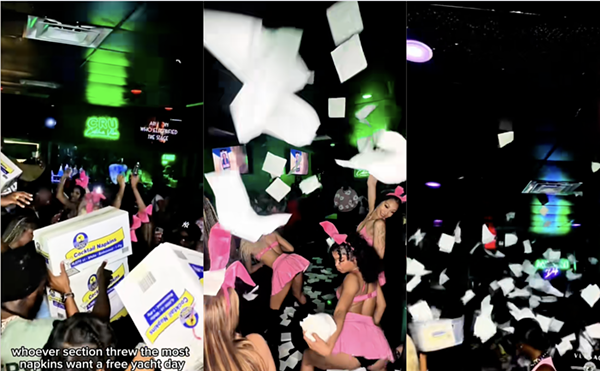Equal parts experiential art experience, modern-day ritual, and soundscape installation, this year's performance, TabomBass by Vivian Caccuri, aims to create an open space for exploration.
"I think Faena Art’s programming during Music Week since our inception has served as a platform that allows for the party or social happening to be the raw material for artistic creation," curator Zoe Lukov says. "From Alejandro Guzman’s Bochinche performance in 2017, Noche de Brujas lineup of last year, and now Vivian Caccuri’s TabomBass, we have created space to explore the in-between or gray area between contemporary art and musical practices."
Providing a backdrop of stacked speakers draped in candles, Caccuri designed a piece that acts as a stage for local and international musicians to improvise short segments over an African baseline — creating an active dialogue between the recorded beats and live music. The beats were composed by artists from the city of Accra, Ghana, while Caccuri was in country researching the roots of Brazil's ethnic musical heritage.
The slave trade brought many West Africans to Brazil in the 18th and 19th Centuries. One of their cultural imports that survives to this day, and can still be felt on the streets of any city, is the syncopated dance rhythms imbued within Brazilian music. In 1835, Accra received groups of African-Brazilians who fled the Malê Revolt, a slave rebellion in Salvador. Descendants of these refugees are known to this day as Taboms. With roots in the African diaspora in Latin America, Caccuri aims to create dialogues between nationalities and time periods.
"I’m interested in providing the space for a sound experience that is unlike any other during Music Week," Lukov says. "We are invited to listen and respond to sounds from around the world within the context of contemporary art and to reimagine the ways that they have the power to move our bodies, reflect our histories, and tell our stories."
Thanks to Faena's partnerships with Absolut Elyx and Winter Music Conference, which will take place at the Faena Forum this year, the event is free and open to the public. Audiences are encouraged to come in any time between 8:30 and 11:30 p.m. to sample music from Ghanaian artist Yaw P, as well as locals like Tama Gucci,














